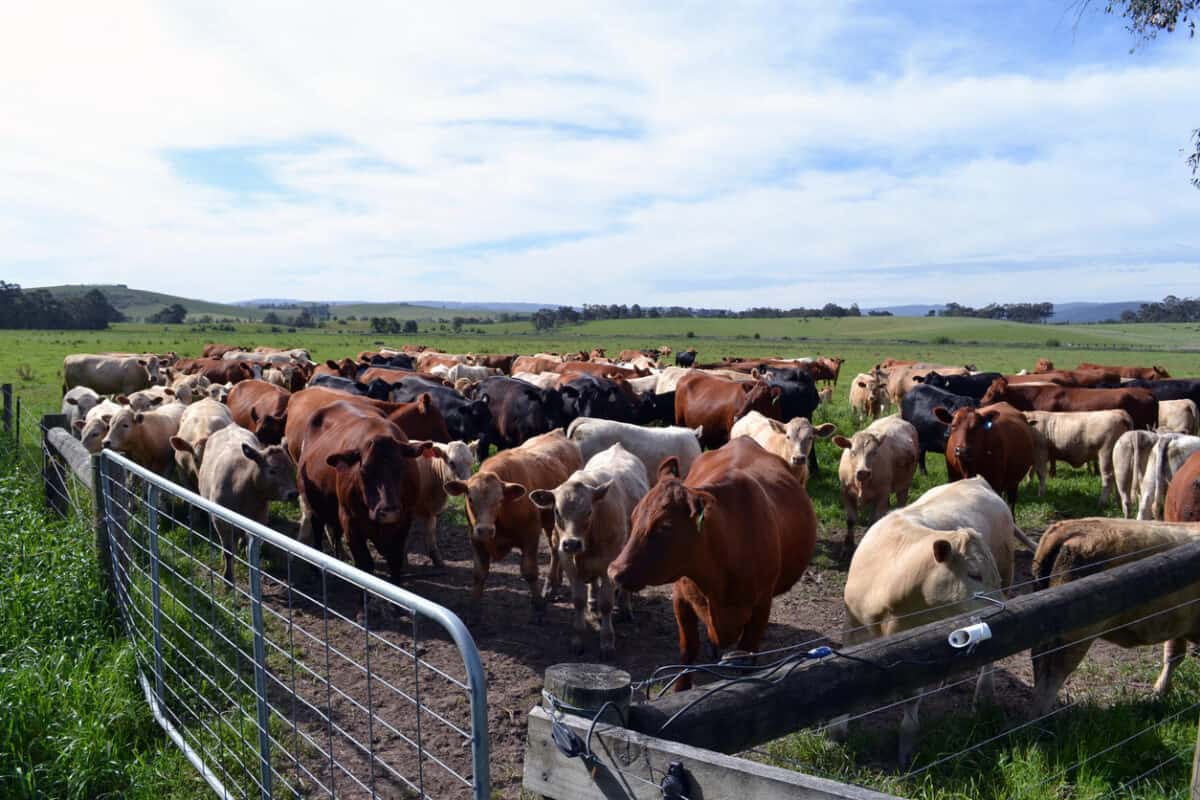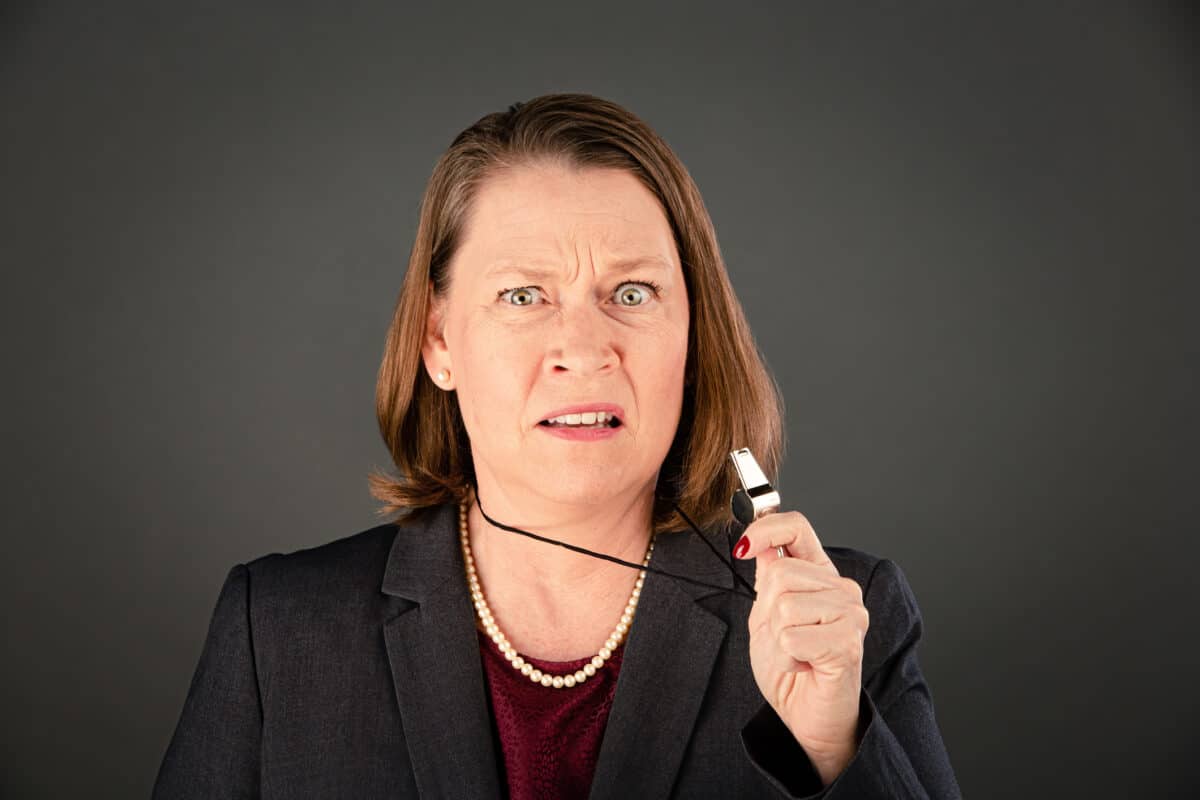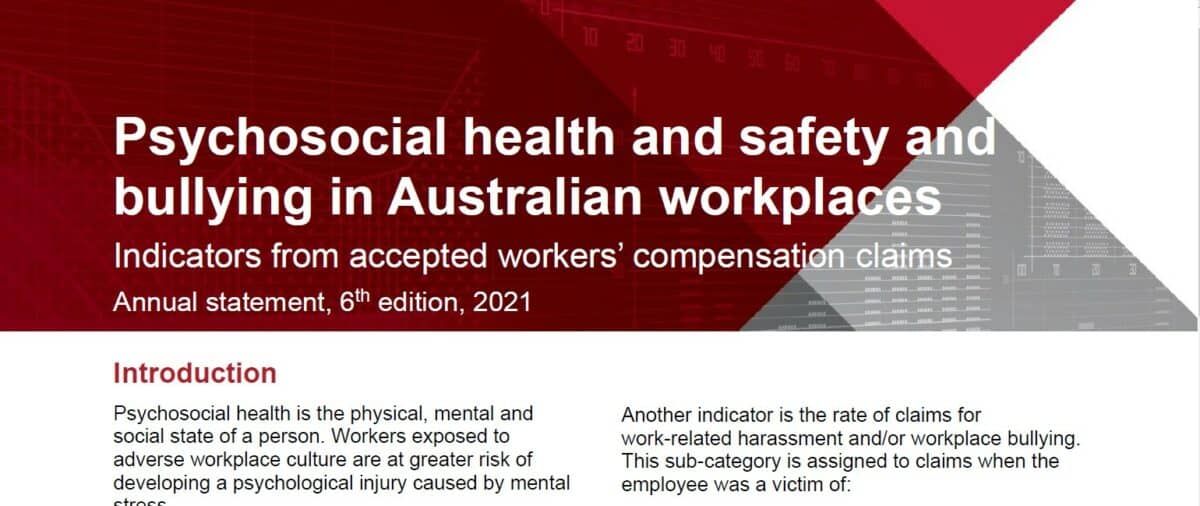Recently The Monthly magazine took a close look at the labour practices of Midfield Meats (paywalled), a major Warrnambool company and meat exporter that had been, yet again, successfully prosecuted by WorkSafe Victoria. There are workplace safety elements to The Monthly’s story that were not as prominent as other issues and there were some questions for companies and governments that have supported Midfield in the past.
Category: mental-health
OHS will ease the Work From Home transition
Australian Prime Minister Scott Morrison continues to promise a return to normal but it is impossible to return to a previous point in time without denying the changes that have occurred since then. Morrison speaks of this normality in relation to the COVID-19 pandemic and may offer some understanding of his reticence to act on global warming as climate change will never allow a return to normal.
One of the workplace changes exacerbated by the pandemic is the working from home (WFH) option. Recently businesses are starting to accept this new normal, sometimes backed by research. Many businesses are in a state of (I would argue, permanent) transition. On July 2, 2021, Benjamin Clark offered a useful summary of the WFH state of play for Crikey (possibly paywalled) with some overlap to a November 2020 Harvard Business Review (HBR) article on Working From Anywhere (WFA).
Office Noise and Mental Health
Too much weight is given to occupational health and safety (OHS) surveys and research that rely on self-reported data. Such data is subject to social and personal biases. It has its role in the state of knowledge, but its authority and worth is frequently overstated.
A recent research project into the OHS effects of working in open-plan offices removed this level of subjectivity by using a simulated office environment. The researchers’ findings provide a useful context to office design (not a new issue) and work-related mental health, especially when workers are being encouraged to return to the office.
Disconnecting is not easy but it is necessary
One of the best ways to maintain one’s own work-related mental health is to adhere to working hours and keep work communication to the hours you are contracted for. This is not rejecting the workload but is establishing boundaries that will offer a more sustainable job, career and mental health.
However, disconnecting is not as easy as that, and there are potential job or career impacts. These were recently discussed in an article in The Guardian written by Elle Hunt.
Law firms are a focus for sexual harassment reforms
This year coverage of The Australian newspaper’s annual Legal Partnership Survey has focused on the number of women partners in law firms. This increase has generated discussion on sexual harassment, which has revealed some of the activities that law firms use to prevent the psychological harm (and brand damage) from sexual harassment; many strategies that are already very familiar to the occupational health and safety profession
Sex Discrimination Commissioner Kate Jenkins has been paraphrased in the article (paywalled), saying
“Non-disclosure agreements should be used to protect people who have been the subject of sexual harassment, rather than to reduce brand damage to organisations…..”
[link added]
The restricted state of knowledge – NDAs and OHS
A core element of the management of occupational health and safety (OHS) is creating and maintaining a “state of knowledge” on hazards and risks. There is an enormous amount of information already available in various OHS encyclopaedias, wikis and bodies of knowledge, but some of the most important information continues to be locked up in non-disclosure agreements and confidentiality clauses. On the issue of workplace sexual harassment, a recently established inquiry in Victoria, Australia, is set to look at the mechanisms that are principally used to protect the reputation of companies and executives but that could also have broader OHS benefits.
Liberty Sanger and Bronwyn Halfpenny are heading a task force designed by the Victorian Government to
“…develop reforms that will prevent and better respond to sexual harassment in workplaces.”
What is behind the fluctuation of mental health claims?
If you are contemplating running a survey about workplace health and safety, make it longitudinal. That is, structure your survey so that data can be compared over a long period of time by clearly defining your questions to the general rather than the topical. Topical questions can be included occasionally (they can freshen up a survey), but the core of the survey needs to be robust.
Recently Safe Work Australia (SWA) released the 6th edition of workers compensation claim data for psychosocial health and safety and bullying in Australia. It is a short statement of data that offers some interesting trends and continues the survey’s limitations.







